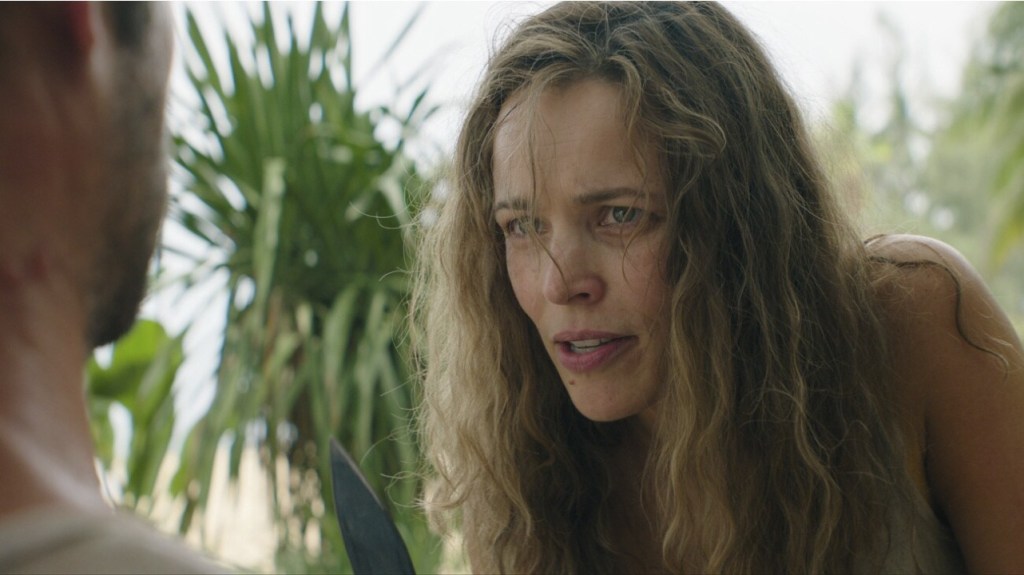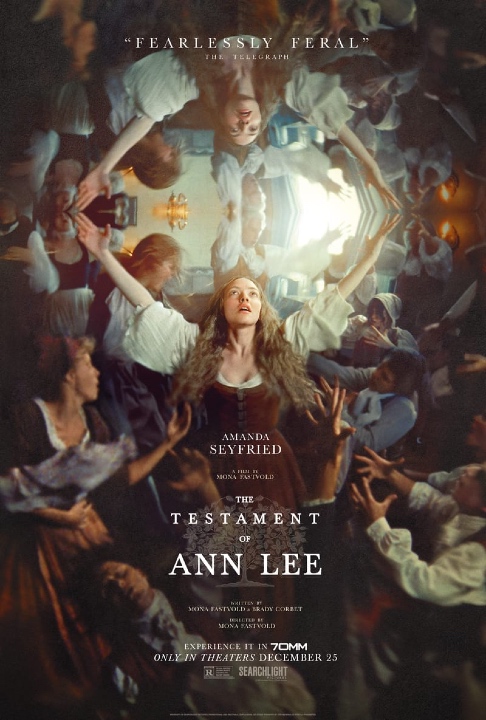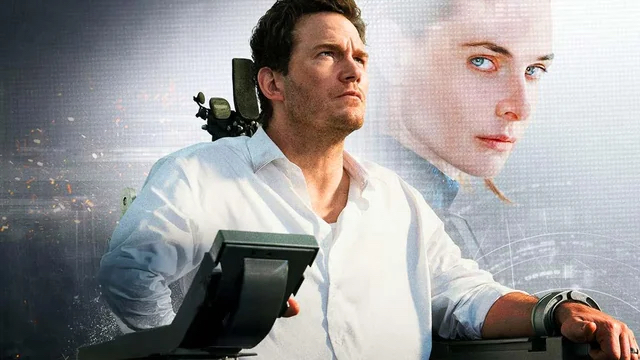The process of creating art- whether sonically or visually- fascinates me. When do artists emphasize that beat over another? When should an overdub be utilized? How does the director position bodies and lighting for maximum impact? The possibilities are endless, and watching the real-time decisions that figure into the evolution of an idea or concept that will later be immortalized by millions of fans is a wondrous peek behind the creative curtain.
In Paul Levatino’s new documentary, we get that process in full swing as the Dallas band Bastards of Soul meet in Argyle, Texas for what would become their final recording session in the summer of 2021. Over the course of three days, 18 bandmates and technicians utilize old-school methods to record the group’s funky, smoldering soul sound, led by their effervescent lead singer Chadwick Murray.
These three days present the band in a loose (but not unfocused) state of musical creativity that’s informed by their many discussions on sound, tempo, and which take is best. The idea of giving birth has been espoused by many musicians, and Bastards of Soul proves that analogy is certainly worthwhile.
And the idea of birth rings especially sentimental in the final third of the documentary. Fans of local music (or just news in general) will no doubt know the story of lead singer Murray’s untimely demise. After we leave those joyous moments of creation in a homely Argyle sound studio (which dominates most of the film), Levatino structures the documentary as a legacy to Murray’s family and bandmates. And even though nothing quite elides the loss of a person like Murray, the documentary does do a noble job of suggesting that the most rewarding aspect of putting sound on tape is for the benefit of those who come after us. The film also should make everyone search out Bastards of Soul’s music now.
__________________________________________________________________________
Before the packed house screening for director/star Viggo Mortensen’s The Dead Don’t Hurt, film critic Joe Leydon relayed some words the actor had spoken to him several weeks prior in a phone interview. When asked what films influenced his decisions, Mortensen rattled off about 15 titles, from The Ox Bow Incident (1942) to The Outlaw Josey Wales (1976). It’s clear he learned well as The Dead Don’t Hurt hits all the stodgy high points of the western genre, but what’s more impressive about the film is the attention to the more mundane, quiet moments often overlooked. For my money, Mortensen’s direct cinematic lineage falls within the films of Jan Troell…. frontier dramas that methodically charts the hardships and personal tragedies of the immigrant experience in nineteenth century America.
As the couple learning to make it in their new home, French Vivienne (Vicky Krieps, as impressive as always) and Dutch cowboy Holger (Mortensen) meet and instantly fall in love. While both share the adventurous spirit, they find themselves a plot of land in the Nevada wilderness and take up residence. Unfortunately, this being the dog-eat-dog days of the wild west, adjacent to their hard-scrabbled existence is a corrupt town mayor (Danny Huston) and a local landowner (Garrett Dillahunt) whose bulldog son (Colin Morgan) is a harbinger of violence wherever he roams.
Employing a time-shifting narrative that’s a bit more needless than necessary, The Dead Don’t Hurt juggles several ideals within the genre mythos, especially upright ethics versus the lawless and the brave place of women in such a hostile environment. Gradually focusing on Krieps’ strong willed Vivienne after Holger departs to fight in the Civil War, the film becomes a sun-drenched ode to the fearlessness it takes to simply exist. And it’s here that The Dead Don’t Hurt really comes alive. Krieps carries a story of the usual harsh treatments with verve, making it all the more compelling once the film reunites the couple and begins to focus on their soft dynamic. It’s hard not to be moved by the understated power of a moment shared between Vivienne and Holger when she asks “how was your war?” By that point, The Dead Don’t Hurt has revealed that war takes its tolls in many ways. It’s not a new revelation, but one that’s handled with delicacy and nuance.
__________________________________________________________________________
One of the best films I’ve seen at the festival so far is Brendan Bellomo and Slava Leontyev’s Porcelain War. Interspersing harrowing footage of on-the-ground images from ordinary citizens armed to defend their Ukranian homeland during the Russian invasion and the personal reasons they chose to stay, the documentary probably would have been good no matter which route they chose to examine. As it stands, both strands of the story are essential statements for life during any wartime. And the documentary features one of the most insightful thoughts about the nature of warfare I’ve ever heard when one of the trio, Anya, says (paraphrasing) the people who want to do bad are never as creative as the people who wish to do good. Hopefully, Porcelain War will continue to be seen and do some good.
The Dallas Internstional Film Festival runs through Thursday May 2nd. Tickets and scheduling can be found at http://www.dallasfilm.org.diff



